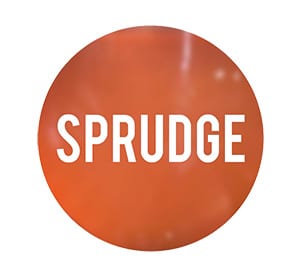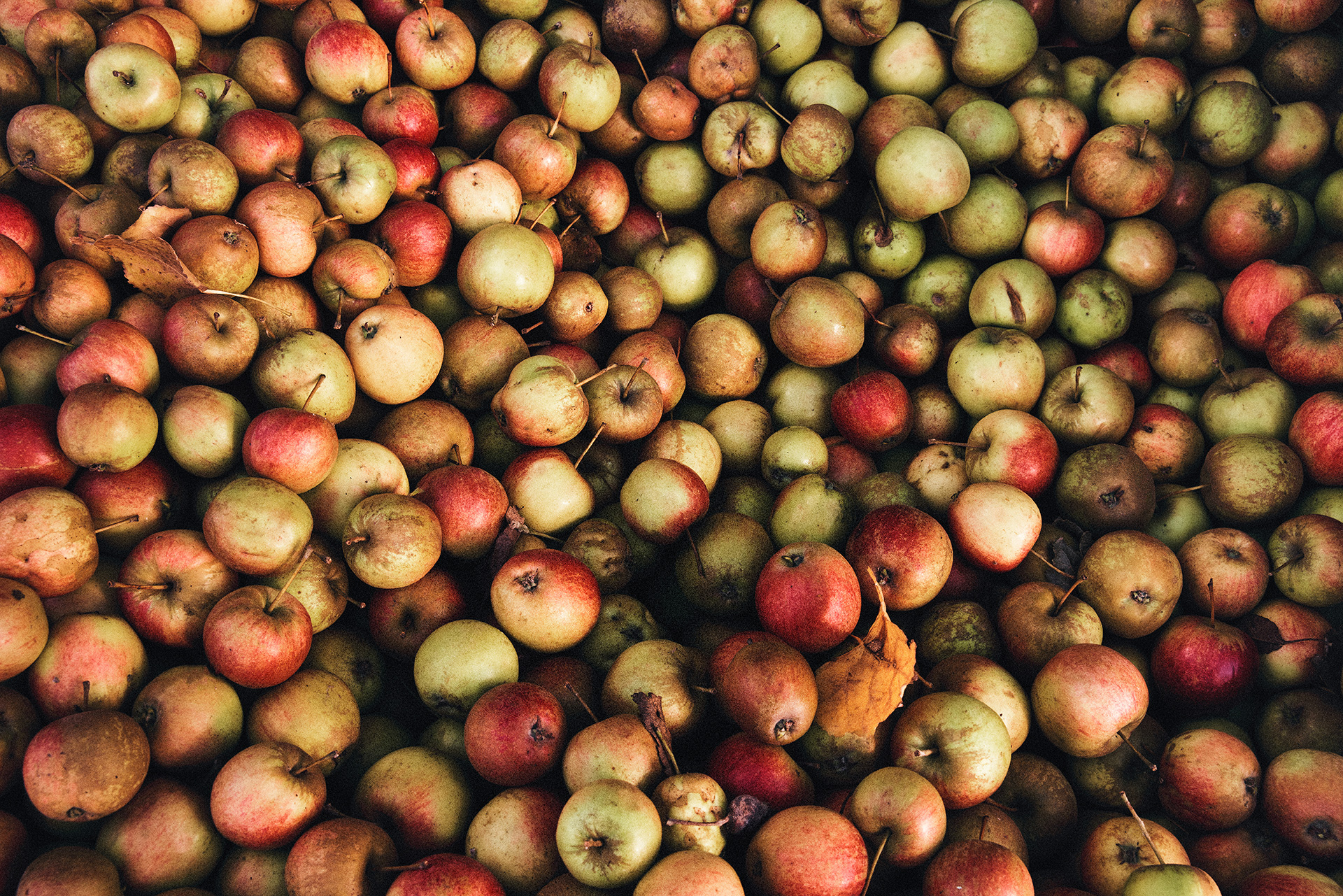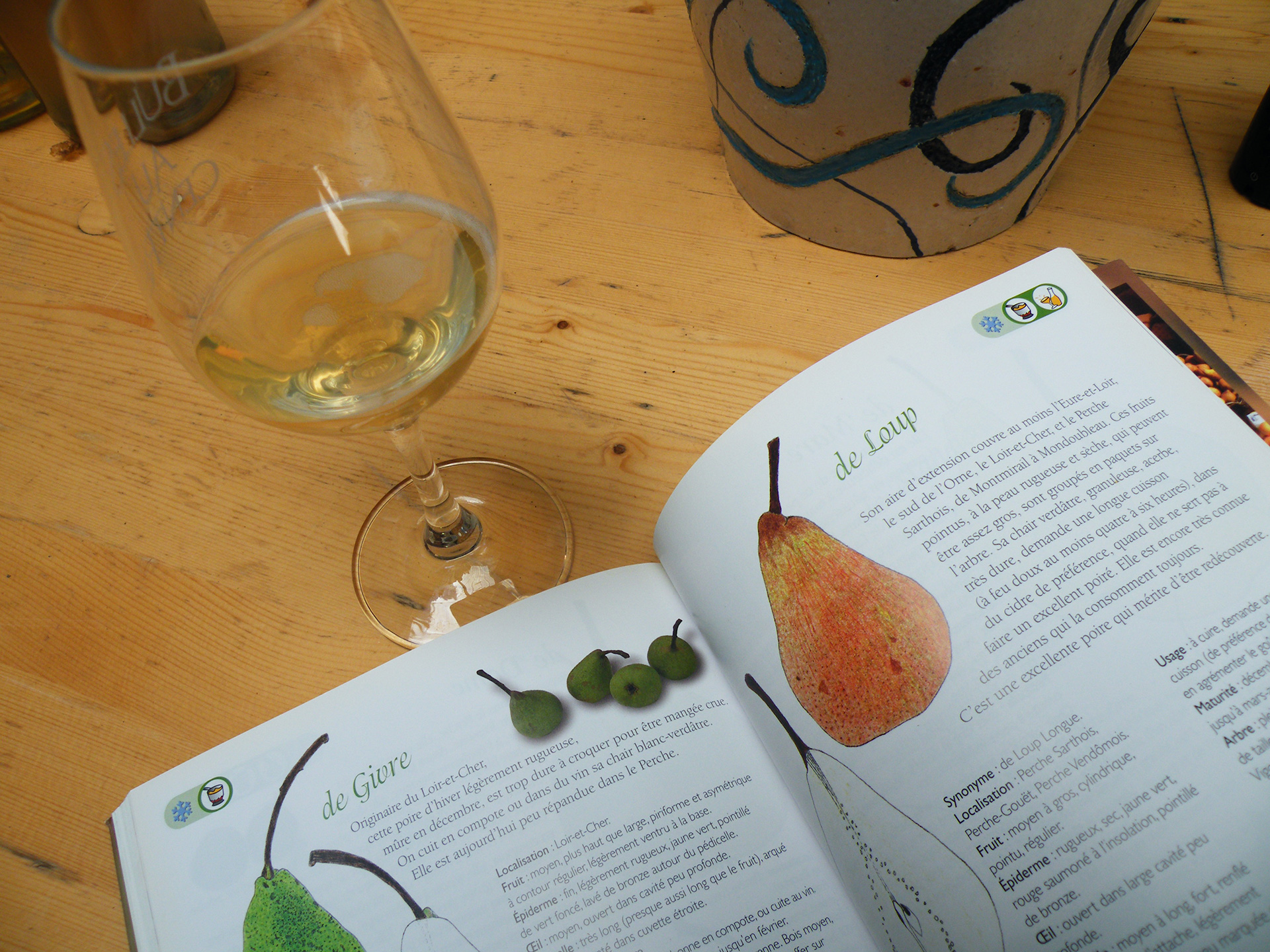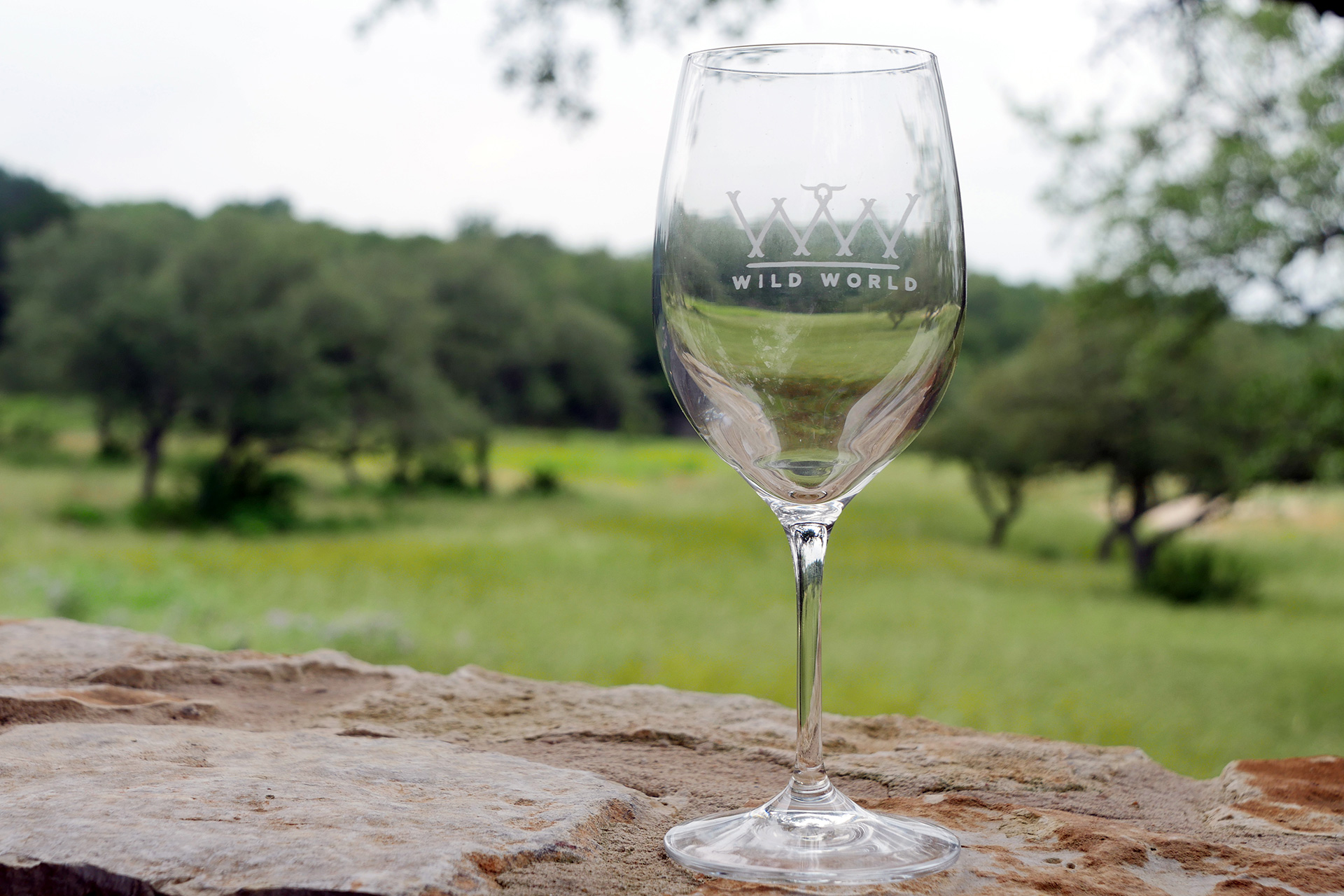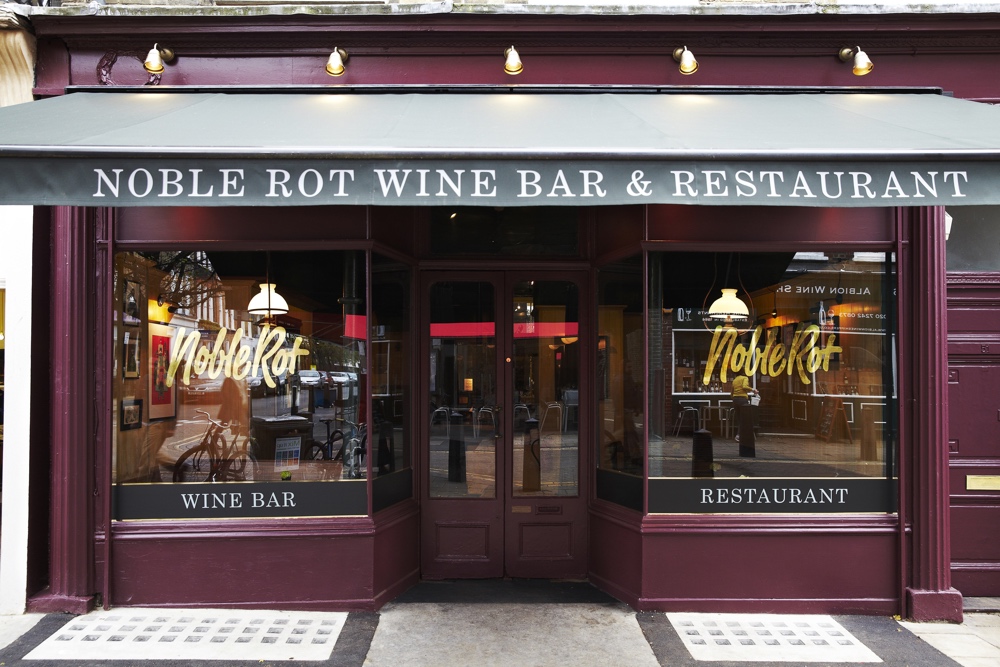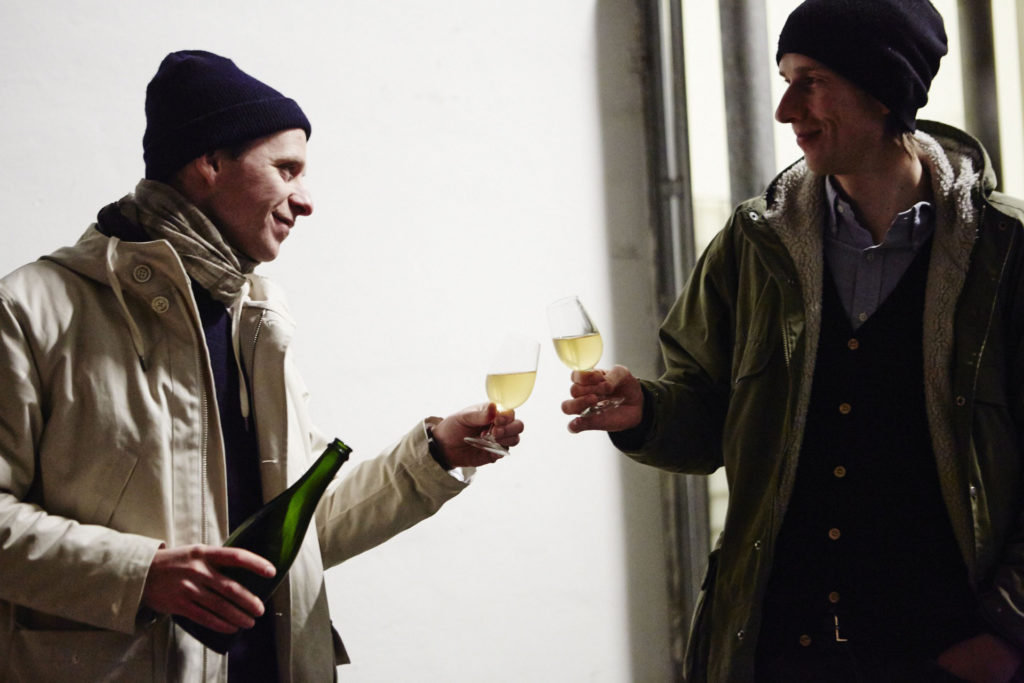
It was in 2011 when the two young men behind Æblerov, Christopher Melin and Morten Sylvest-Noer, embarked upon their cider adventure out of Melin’s parents garage in Valby, Copenhagen, with the modest starting capital of $250. The two of them had met working at a natural wine bar: Melin on the floor and Sylvest-Noer in the kitchen, both just emerging into the world of the unfiltered. Æblerov in Danish translates into “apple theft”—the two began, in fact, by “robbing” apples from the gardens of their parents, friends, and surroundings, consequently harvesting regular native apple varieties rather than apples cultivated specifically for cidermaking.
Since its beginning, Æblerov has been part of reviving and revitalizing the artisanal cider culture in Denmark. Melin and Sylvest-Noer make what they call “real” cider from spontaneously fermented must from organic apples, with no added yeasts, and little to no filtration. A few of their ciders are even aged in the retired barriques of some of the most renowned producers of low-intervention wines such as Sébastian Riffault, Claude Buchot, and Bouillot-Salomon.
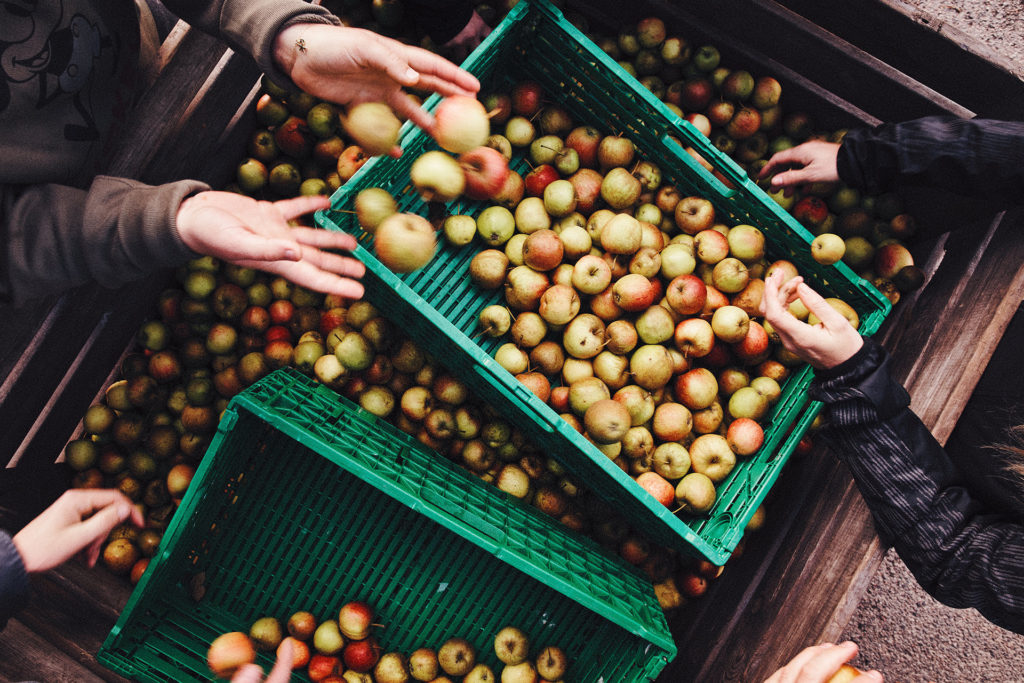
The apple thieves from Æblerov originally set out to make cider as a part of a “delicious rebellion” against conventional cider production. It took four years from their first production in 2011 to the launch of their first commercial vintage. This startup period rewarded them with articles in the finest gastro magazines of Denmark as well as a prize for the best sparkling apple wine of the year for their 2013 vintage—although it was never sold commercially.
My first encounter with their ciders was at the launch party of their first commercial vintage on June 3rd, 2016, when I sipped on a chilly SigNatur 2015. I couldn’t recall having ever tasted a cider so structured and funky—one that made my mouth water instead of leaving a sickly sweet finish. I sipped on it all through that summer.
“We are trying to step away from the overly sweet or way too sour commercial ciders that dominate the market,” says Sylvest-Noer. “To us, real cider has nothing to do with added water, concentrate or alcohol, yeasts, sugar, or enzymes.”
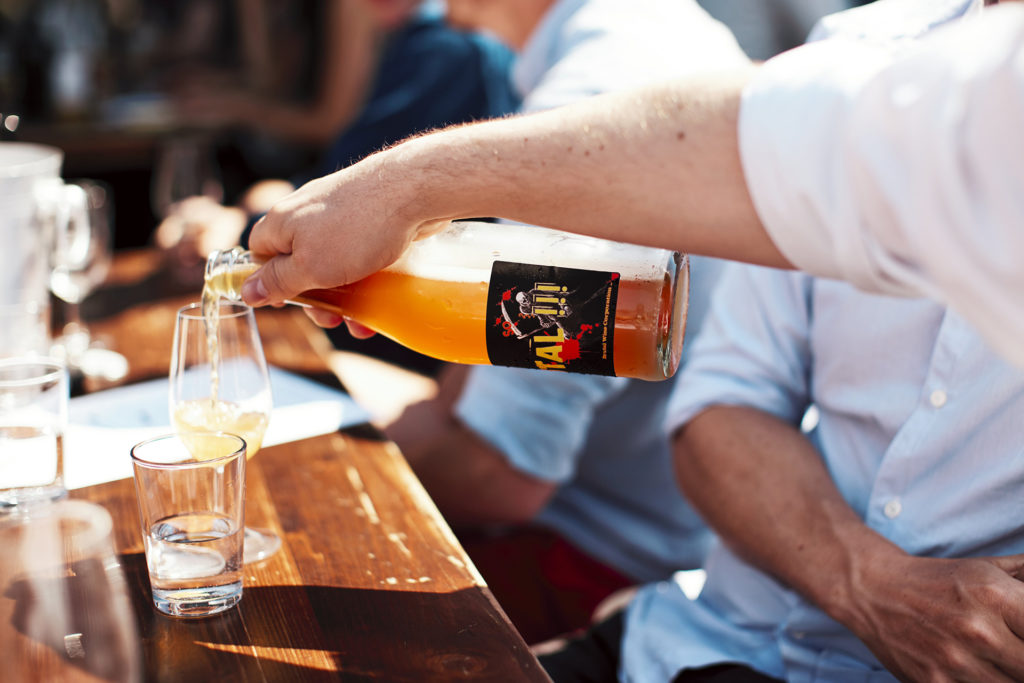
Nowadays, Æblerov produces about 26,000 bottles yearly and can be found in Norway, Sweden, Finland, the United States of America, Mexico, Switzerland, and France. Valby still houses their production but in a large production hall—and they no longer steal apples. Æblerov uses the “ugly” apples from selected fruit growers who leave the apples hanging until they are fully ripe and fall to the ground. These apples have higher sugar levels and more complexity—fundamentals for developing aromas and kick-starting spontaneous fermentation.
In their low-intervention production methods, the apples are ground and left to macerate for 24 hours to better enable fermentation. The apple in itself has all it needs to transform the must in cider, says Sylvest-Noer. He explains that to allow for each apple type to express its characteristics to the fullest, they are all pressed individually using a low-pressure press also to prevent kernels from breaking and contaminating the cider with their bitterness.
The slow, spontaneous fermentation takes up to a couple of months at around 5–10 degrees Celsius to further develop aromas. Afterwards, some of the musts are transferred to wooden barrels that previously housed wine from Jura, Bourgogne, and the Loire, and at the very end, they do the assemblage of the various batches.
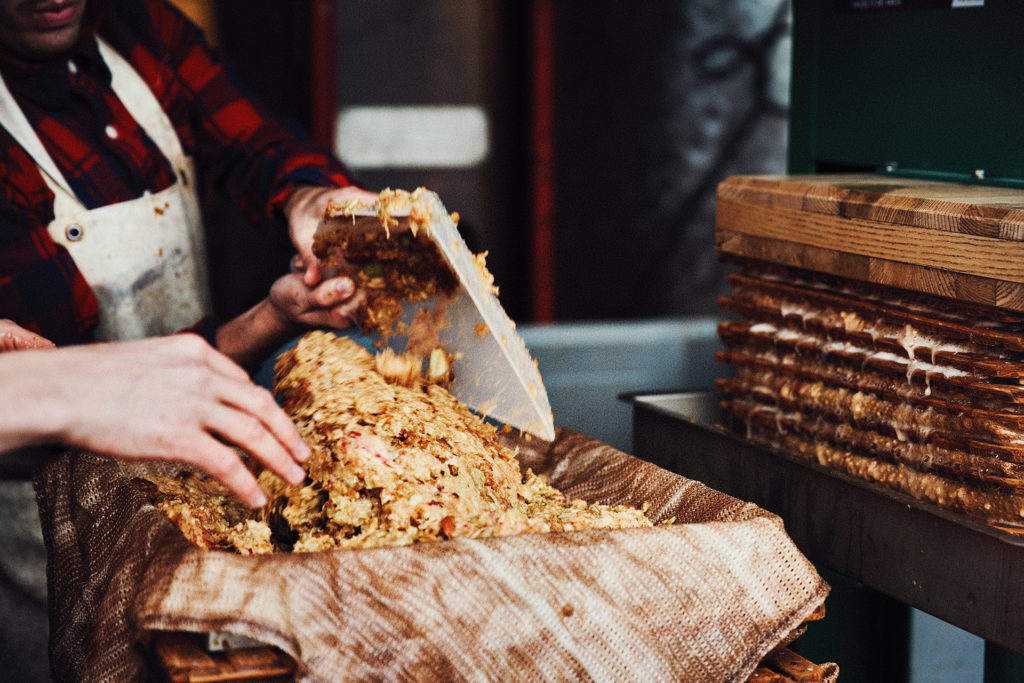
But Æblerov makes more than just cider: it has turned cider into a gastronomic beverage. Not only has it produced a unique cider for the renowned restaurant Noma and its little brother, 108, both situated in Copenhagen, its ciders are also found at several fine-dining restaurants such as Geranium, Relæ, and Kadeau, all in the crowned elite of the Copenhagen gastronomic scene.
Somehow cider, which in Denmark has not even been considered a household drink at the level of table wine, got to play with the Kings of gastronomy. “Christopher distributes natural wines in Copenhagen and as such we have contact to some of the very best restaurants here,” Sylvest-Noer explains. “Many restaurants found an imbalance between serving local food with French, German, or Italian wines, and especially among those with a new Nordic cuisine. We were lucky with the timing of presenting our products,” Melin explains. The restaurants were demanding something produced locally and made from locally sourced ingredients, something that resembled the effort of the kitchen staff. Luckily for them, their ciders were very well received.
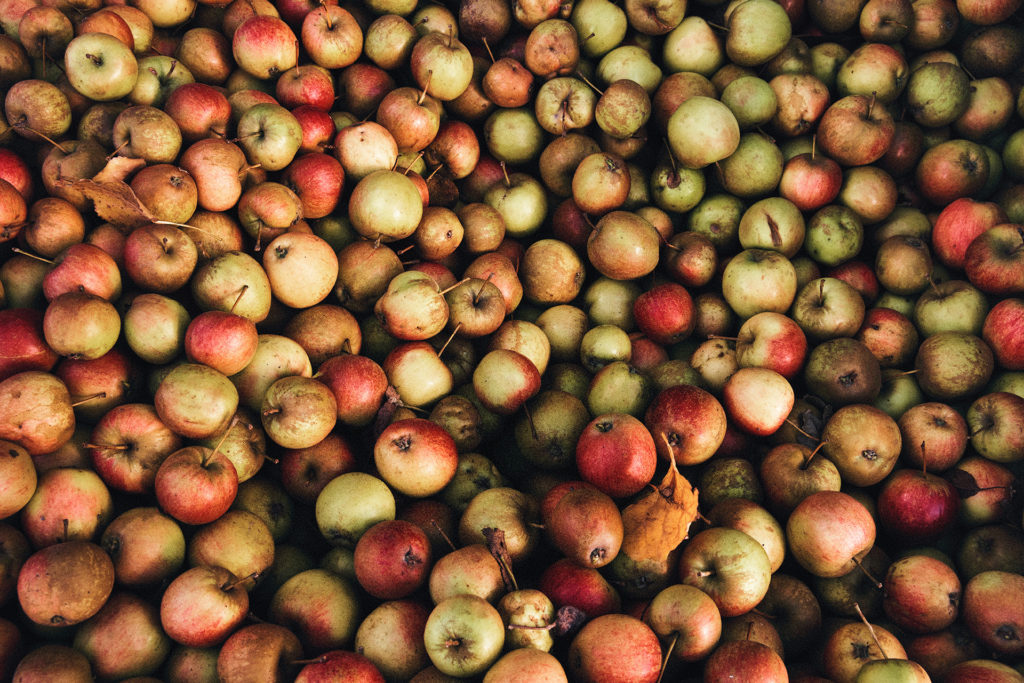
Today, Æblerov still opts mainly for household Danish apple varieties together with a couple of cider-specific sorts, all grown in Denmark. And although it is frowned upon in the cider industry, the ciders made from regular Danish apple varieties are the most successful with the fine dining restaurants: they are more vinous, have a better structure, and are closer to what the restaurants are already working with.
In a world that spends its energy on awards and prices replicating a system that has somewhat worked in wine, the partners’ ambition is to have their ciders on the lunch tables in Denmark, and to make sure that the consumer knows that what they find in the supermarket labelled as cider has nothing to do with real cider. Melin and Sylvest-Noer are also the initiators of Scandinavia’s first cider festival, “Rigtig Cider” (“Real Cider”). This year’s festival in August will host hundreds of guests and about 35 cider producers who follow a strict criteria somewhat parallel to what prevails in the natural wine world: no pasteurization, no adding of water, and no adding of sugar in order to increase the alcohol percentage.
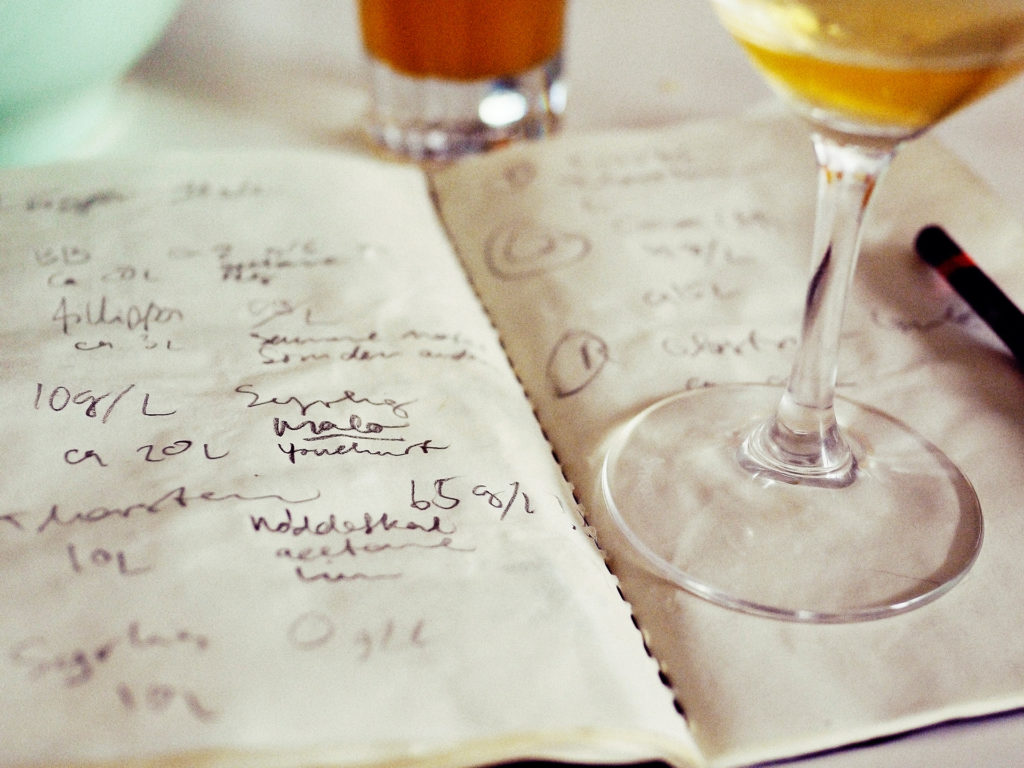
Who knows what the future will bring? With the recent hire of brewmaster Andreas Skytt Larsen, the team at Æblerov will experiment with hybrids and other fruit and berry macerations to create new and interesting flavor profiles. Likewise, they co-brew beyond national borders with their neighbors in Sweden and Norway, as well as with popular Danish craft beer brewer Mikkeller, and they will continue to do so for knowledge exchange and inspiration.
Now that it’s spring in Milan, my mouth is watering and I reach for the chilled SigNatur 2017 I’ve kept in my fridge since my last trip home in December. More than one year bottle aged, golden, frizzy funk fills my glass. It reminds me of home and the apples I’ve eaten under my grandparents’ apple tree. I will sip on it all through the summer.
Caroline Gram is a freelance journalist based in Milan. This is Caroline Gram’s first feature for Sprudge Wine.
Photos by Andrea Omvik.
